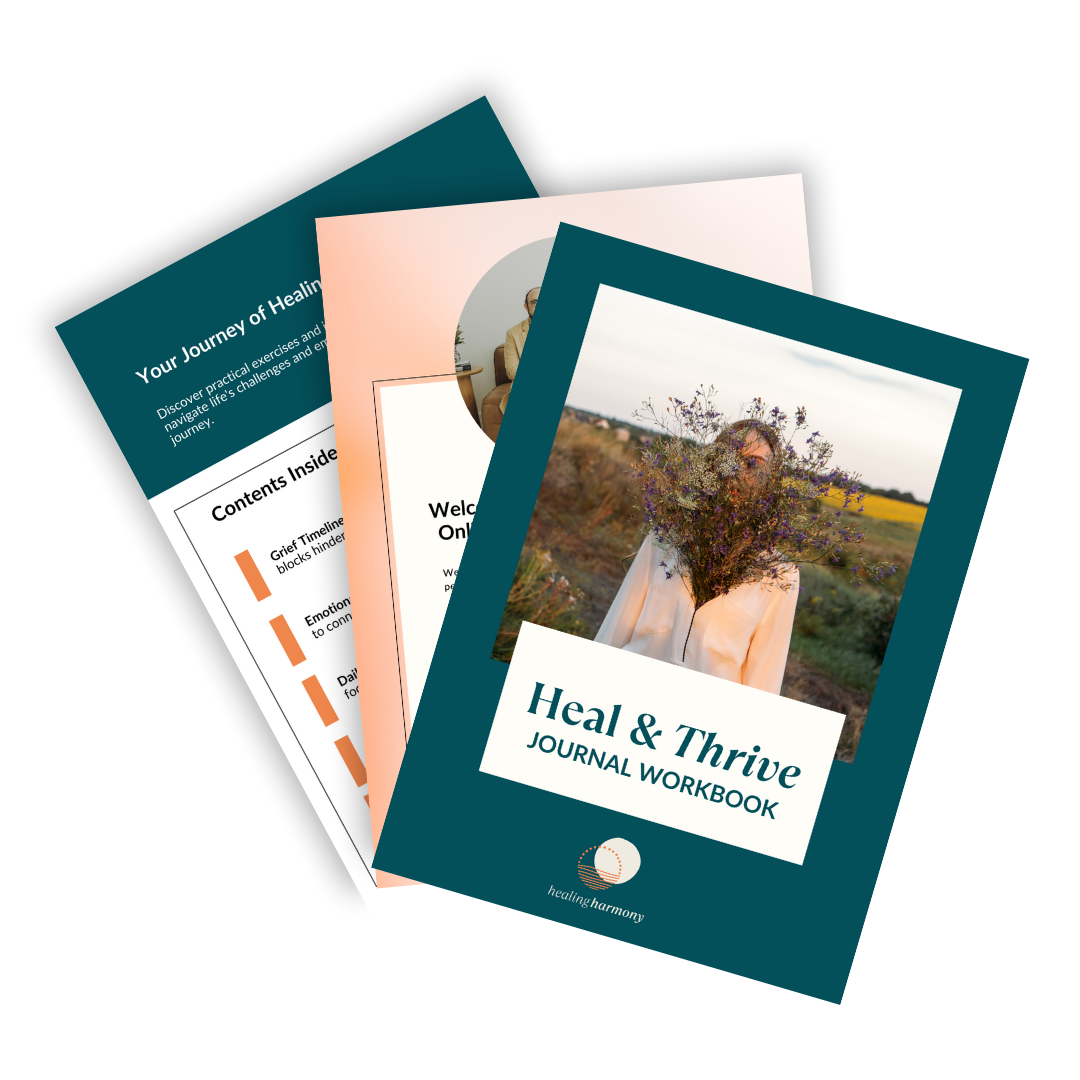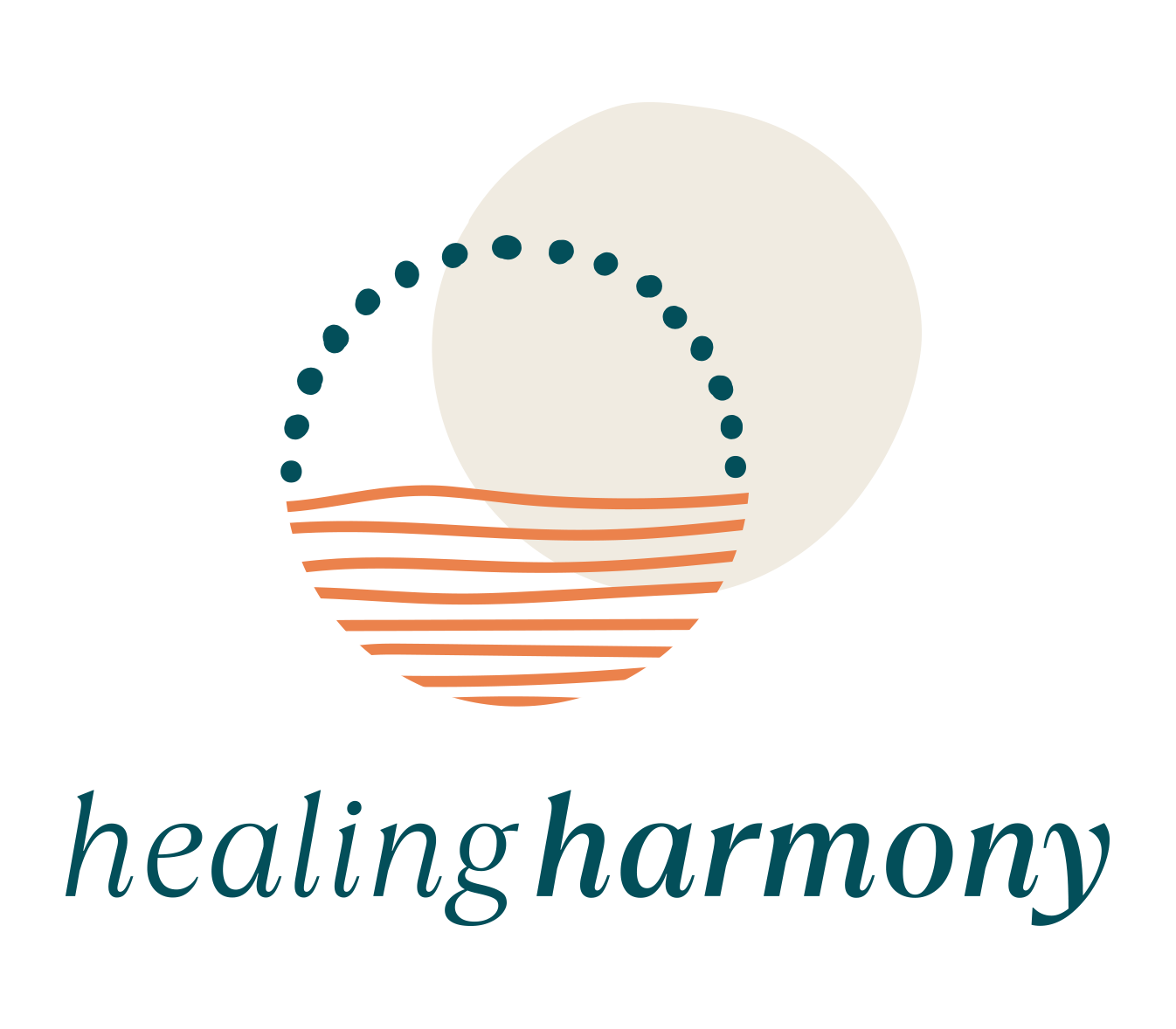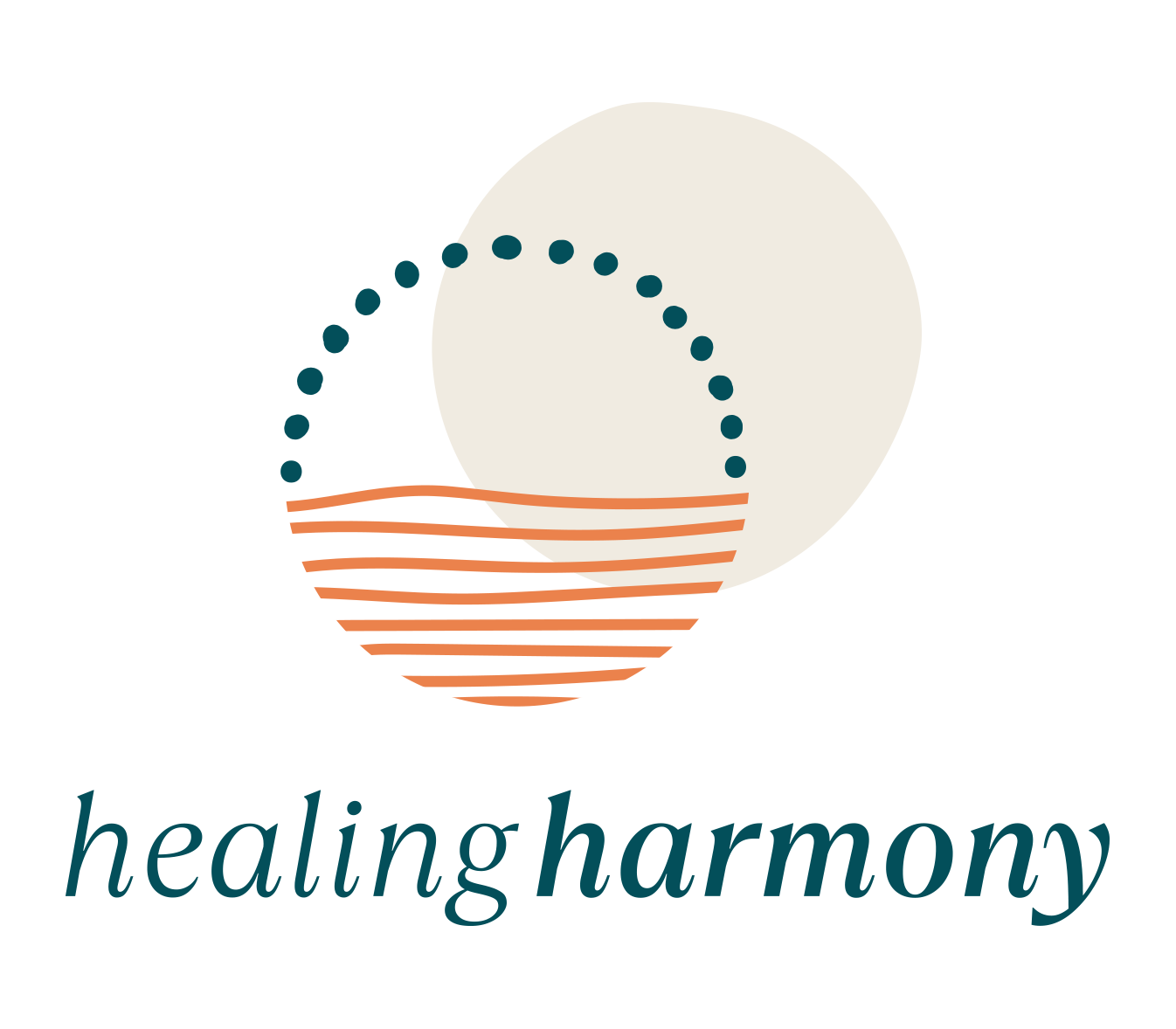Dealing with moving away from family and finding your new life balance
Moving away from family is a big life change that often comes with a mix of emotions. On one hand, it’s exciting to start a new chapter, but on the other, you might feel sadness, guilt, or even fear about leaving behind the people who shaped your life. If you’re here, you’re likely navigating this major shift and wondering how to handle the emotional challenges while building a new sense of balance in your life.
At Healing Harmony,
we’re online therapists and life coaches here to help you process this transition and create a life where you can thrive. Whether you’re a multicultural parent, third culture kid (TCK), or part of a cross-cultural family, you’re in the right place. Let’s explore how moving away can make you stronger, help you deal with emotions in a healthy way, and set you up for success in your new environment.

Prepping for the transition
Moving away from family is more than just packing boxes—it’s a profound emotional journey. You might wonder, Am I making the right decision? What if I regret it? These are common doubts, especially for individuals with deep cultural or familial ties. Some may hesitate, fearing that distance will harm relationships or create misunderstandings. Others may worry about losing their identity or sense of belonging.
While these concerns are valid, it’s important to remember that moving away doesn’t mean losing connection. Instead, it can open the door to personal growth, self-discovery, and even deeper relationships with loved ones over time. Preparing for this journey requires self-awareness, practical steps, and the courage to embrace change. Let’s dive into the nuances of this transition and how you can navigate it with confidence.

Moving away from family is easy for some and hard for others
People respond to moving away in different ways. For some, it feels like a natural progression—an exciting opportunity to explore new places, careers, or relationships. For others, it’s emotionally taxing, filled with sadness, guilt, or a sense of loss. Also, it’s okay to feel both excitement and sadness at the same time!
The difficulty often depends on your family dynamics, cultural expectations, and personal readiness for change. For instance, individuals from tight-knit families or collectivist cultures may feel greater emotional weight, while those raised to prioritize independence may find it easier to adapt. Neither response is “right” or “wrong”—it’s all about understanding your unique experience.
Use the RAFT Method as You Prepare to Leave
Preparing to move away from family isn’t just about logistics—it’s also an emotional journey. The RAFT method, originally developed by cultural transition expert Dr. David Pollock, provides a helpful framework to ensure you leave well and set yourself up for success in your next chapter. Here’s how it works:
Reconciliation
Before you leave, address any unresolved issues or conflicts within your family. Unspoken tension or unhealed wounds can weigh on your heart and make the transition harder. Have honest conversations, apologize if necessary, and work toward peace. Even if the reconciliation isn’t perfect, taking steps to mend relationships can bring closure.
This can be easier said than done. In some cases reconciliation can’t even be achieved, yet the point is to not leave an issue left completely in the dark and never talked about. Sometimes the only thing you can leave with is the comfort that you tried.
If this is a difficult one to work through, consider getting outside help. At Healing Harmony we want to be a resource for you, even if that is to simply point you in the direction of a Marriage and Family Therapist.
Affirmation
Express gratitude and love to the people you’re leaving behind. Let them know how much they mean to you and how they’ve shaped your life. Write heartfelt notes or have meaningful face-to-face conversations. Affirming these relationships can strengthen your bond, even across the distance.
Farewells
Goodbyes are important. Take the time to say farewell not only to people but also to places and routines that have been significant in your life. Create special moments with family members, friends, and even familiar spaces. This step helps you honor what you’re leaving behind while emotionally preparing for the next stage.
Think destination
As you say goodbye, start shifting your focus to the future. Think about the new opportunities, experiences, and relationships awaiting you in your next chapter. Research your new location, set realistic goals, and visualize the kind of life you want to build. This mindset helps reduce fear and increases excitement about what’s ahead.
By using the RAFT method, you can leave with intention and clarity, ensuring a smoother transition as you move away from family. This thoughtful process can ease emotional burdens and create a sense of closure that allows you to embrace your new life with confidence.

Top 5 Reasons for moving away from family and ways to deal with It
1. Moving away from family to pursue education
Relocating for education can open doors to new opportunities and career paths, but it often means leaving the comfort and support of home. It’s important to plan ahead by establishing ways to stay connected with your family, such as scheduling regular check-ins or visits during school breaks. Building a local support system, like study groups or joining campus organizations, can also help ease the transition.

2. Moving away from family for career opportunities
A job offer or career advancement often necessitates relocation. While this can be exciting and rewarding, it may leave your family feeling left out or distant from your life. Be proactive in sharing your career goals and the positive reasons behind your move. Set aside time to reconnect with family during holidays, special occasions, or even virtual coffee chats to maintain those bonds.

3. Moving away from family for love and relationships
Relocating for a partner is a significant life change that can be both joyful and challenging. While building your new life together, remember that your family may miss your presence. Communicate openly about your plans, involve your family in milestones when possible, and reassure them of their ongoing importance in your life.

4. Moving away from family for independence and personal growth
Moving away to explore independence is an empowering choice, offering the chance to discover who you are outside of your family’s influence. However, this decision can sometimes be misunderstood. Be clear about your intentions and the personal growth you hope to achieve while reaffirming your love and appreciation for your family’s role in shaping who you are.

5. Moving away from family to escape toxic relationships
Leaving a toxic environment is a brave and necessary step toward prioritizing your well-being. While physical distance may help create emotional boundaries, it’s still important to reflect on how you’d like to approach future interactions. Seek support from a counselor or trusted friend to process your feelings and navigate relationships in a healthy way.

Staying Connected after moving away from family
No matter why you’re moving away from family, take time to think about how you want to maintain your relationships. This could mean several calls a week, a scheduled video chat once a month, or even meeting in person for special occasions. The frequency and type of communication will depend on what you and your family need. The key is to set realistic expectations and communicate openly about how you’ll stay connected, ensuring everyone feels valued and supported despite the distance.
10 Tips to cope with moving away from family
Here are actionable steps to ease the transition:
- Build a RAFT before leaving: This involves Reconciliation with unresolved issues, Affirming relationships, Farewelling intentionally, and Thinking about the future.
- Stay connected: Schedule regular calls or video chats with family.
- Create a support network: Join local communities or groups in your new area.
- Journal your thoughts: Writing can help you process emotions.
- Set boundaries: Define how much and what type of communication works best.
- Embrace the change: Focus on the opportunities ahead.
- Practice self-care: Prioritize mental and physical health.
- Acknowledge your feelings: It’s okay to grieve what you’re leaving behind. Some ways to do this is by talking with a listening friend, journaling, talking to a therapist or life coach, or a meditation walk. Find what works best for you.
- Celebrate milestones: Share achievements with your family to maintain a sense of connection.
- Seek professional support: A therapist or life coach can help you navigate complex emotions. Feel free to schedule a free 30-minute consultation with us to see how we can support you.

One last note, look to the future not just the past
Looking to the future, it’s not just about leaving well—it’s also about integrating well into your new environment. As you step into this next chapter, think about how you’ll build a sense of belonging and create a support system in your new home. Whether it’s joining local groups, finding a faith community, or forming new friendships, taking intentional steps to settle in is just as important as maintaining ties with your family. Both sides of the coin—leaving and integrating—are essential for finding balance and thriving in your new life.
Moving away from family is a significant life change, but it’s also an opportunity for growth and transformation. By acknowledging your emotions, reframing guilt, and taking proactive steps, you can create a new life balance that honors both your independence and your connections to loved ones.
If you’re ready to take control of this transition, download our free life journal to start reflecting and planning for your next chapter. And if you need more personalized guidance, check out our Online Therapy for TCK kids—we’d love to support you on your journey.
*AI Disclosure: This content may contain sections generated with AI with the purpose of providing you with condensed helpful and relevant content, however all personal opinions are 100% human made as well as the blog post structure, outline and key takeaways.
* Blog Disclaimer: Please note that reading our blog does not replace any mental health therapy or medical advice. Read our mental health blog disclaimer here.

Hello, we are Jeffrey & Rebekah
Therapists and life coaches at Healing Harmony. We specialize in supporting multicultural families and Third Culture Kids (TCKs) through transitions and emotional challenges, fostering resilience and cultural identity.





